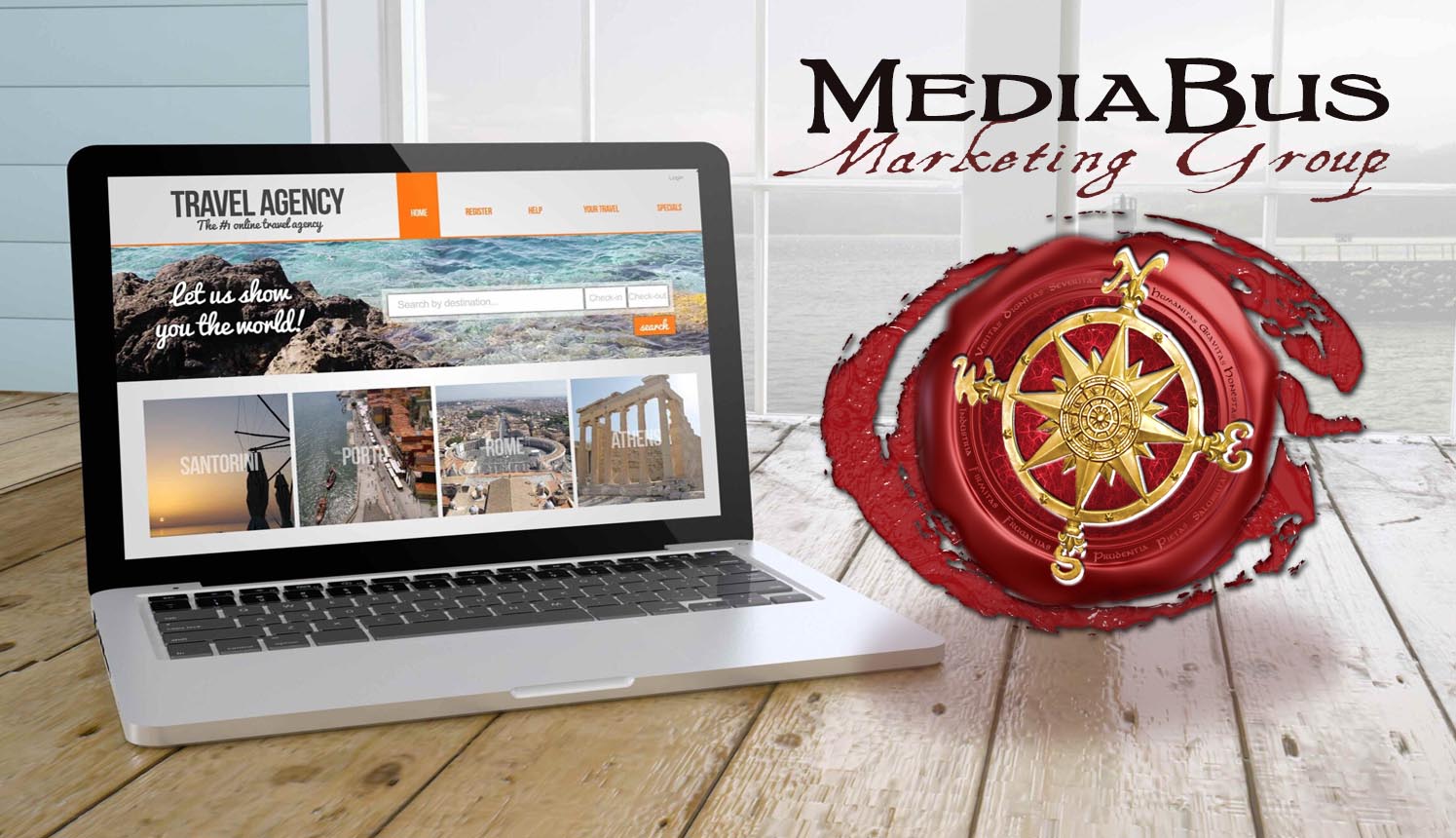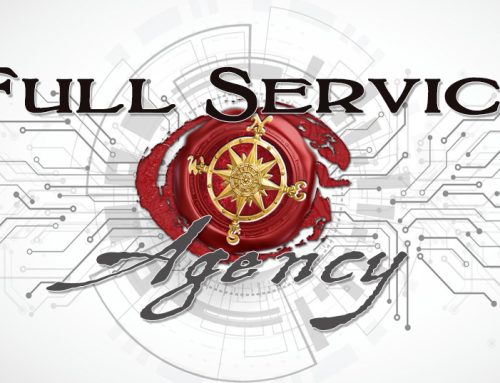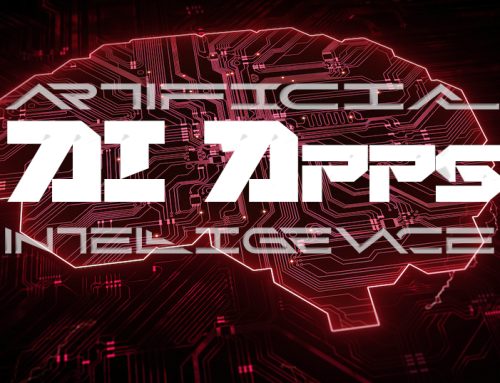Landing Pages

Key Benefits of AI-Optimized Landing Pages
for Modern Companies
1. Predictive Lead Activation
Modern landing pages aren’t static—they’re smart. By embedding behavioral analytics
and AI triggers, we turn each page into a responsive system that captures qualified leads
with precision, guiding them from curiosity to conversion automatically.
2. Dynamic User Experience Personalization
Our landing pages adapt in real time to match user behavior, device type, traffic source,
and intent. This ensures a seamless, frustration-free experience while nudging visitors
toward your most profitable outcome—using AI-assisted UX psychology and layout logic.
3. Conversion Intelligence
We don’t just eliminate distractions—we eliminate guesswork. Every CTA, visual, and
scroll point is tested by algorithms and refined by AI-based performance models. The result?
Maximum conversion potential with minimal drop-off. That’s what MediaBus delivers.
1. AI-Tuned Headlines
We use intent-matching algorithms to craft headlines that engage by keyword relevance,
sentiment scoring, and scroll-depth behavior.
2. Persona-Based Copy
All copy is written and evolved based on your specific buyer personas—mapped to their
decision-making triggers, motivations, and known objections using psychographic modeling.
3. Precision CTAs
Calls-to-Action are no longer static. We use AI to determine CTA timing, placement, and
language for optimal click-through rates—based on user journey signals.
4. Visual Hierarchy & Adaptive Layouts
Media-rich layouts with embedded video, high-contrast focal points, and interaction cues
that shift based on engagement thresholds.
5. Mobile-First, Speed-Optimized
We engineer for mobile-native behavior first. Pages load fast, respond instantly, and prioritize
above-the-fold conversion across devices.
6. Trust Signals Embedded in Context
Dynamic placement of testimonials, AI-validated review highlights, and real-time social
proof integration ensures credibility at critical decision points.
7. MediaBus’s AI Best Practices
With 20+ years of landing page mastery now fused with predictive AI testing, we ensure every
pixel is tuned for performance and profitability.
Common Mistakes Businesses Make—and How We Fix Them with AI
❌ Disjointed Messaging Flow
We install flow-mapping logic to ensure every scroll reveals the right message at the right moment.
❌ No Behavioral Targeting
We engineer targeting logic into the page itself—so the right persona sees the right angle every time.
❌ Confusing or Passive CTAs
Our CTA frameworks are bold, intentional, and backed by placement A/B testing across industries.
❌ Overstuffed Content
AI clarity models ensure concise, conversion-centric copy. We focus only on what drives action.
Landing Pages vs. Traditional Websites
| Feature | AI-Optimized Landing Page | Website |
|---|---|---|
| Purpose | Real-time conversion engine | Brand + informational presence |
| Navigation | Minimal, journey-guided | Full menu + explore freely |
| Content | Persona-specific + behavioral triggers | General + broad messaging |
| AI Use | Embedded performance learning | Typically static content |
Ready to Turn Traffic Into Transactions?
✔️ Compare what others offer—then see how AI makes the difference
✔️ Book a discovery session with our Growth Engineers
✔️ Get your first AI-powered landing experience launched in days
✔️ Watch your conversion rates evolve intelligently in real time
✔️ Fill out the form by Clicking Here!
Conclusion
Traditional landing pages are static. Ours are self-optimizing, AI-augmented revenue machines. Whether you’re driving traffic from ads, email, or organic—your landing experience determines whether you win the click or lose the customer.
With MediaBus, you’re not just building pages. You’re engineering real-time, behavior-driven decision environments that convert.
AI-Enhanced Landing Page FAQs
1. What’s the ideal length for a high-performing, AI-optimized landing page?
Length is determined by the complexity of the offer and the awareness level of your audience. Our AI tools assess scroll behavior, time-on-page, and exit rates to dynamically guide copy length—usually between 300 and 1,500 words, adjusted based on real engagement signals.
2. How many CTAs should my landing page include?
We recommend one clear primary CTA, strategically repeated in key positions. Secondary CTAs may be used as backup triggers for hesitant visitors, but we use AI models to test CTA density and placement for maximum conversion clarity.
3. How can I accurately measure my landing page’s performance?
Beyond basic tools like Google Analytics, we implement AI heatmaps, scroll-depth tracking, intent triggers, and multi-variant testing. These allow us to optimize not just for clicks—but for behavioral momentum and conversion velocity.
4. Should I include navigation links on my landing page?
In most cases—no. Navigation links act as exit ramps. We engineer the user journey to stay focused on one outcome. However, for longer funnels or retargeting audiences, we sometimes test micro-navigation based on data-driven user profiles.
5. How often should my landing page be updated?
Your landing page should be a living system, not a set-it-and-forget-it asset. Using AI-based testing and performance data, we recommend monthly micro-optimizations and quarterly strategic revamps—especially if traffic sources or audience intent changes.



